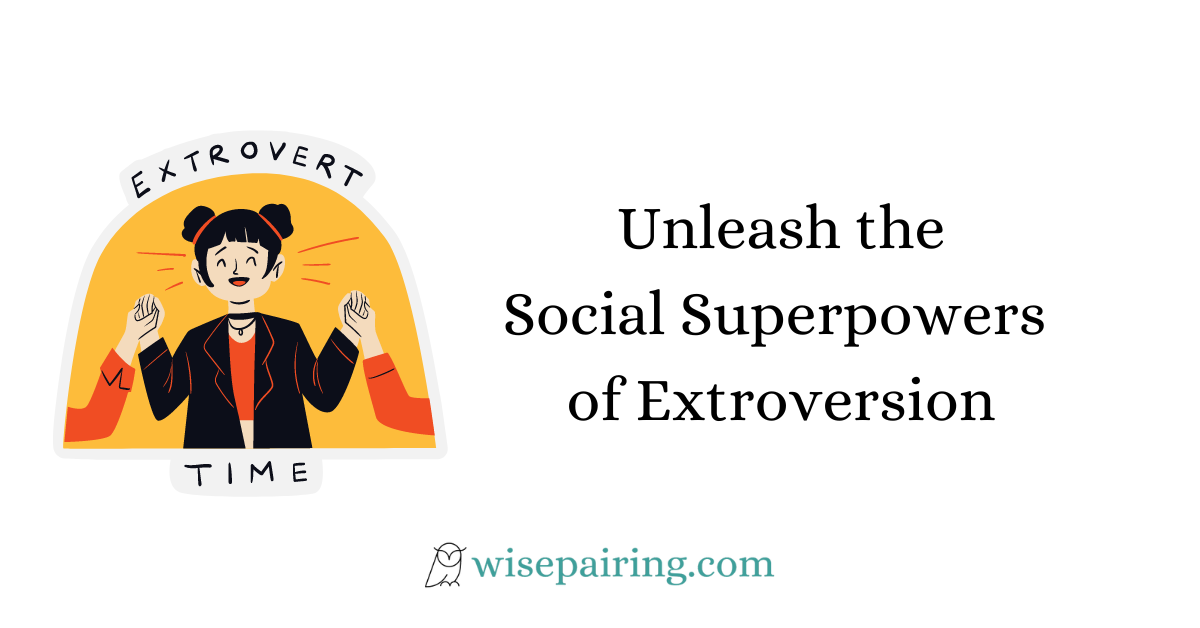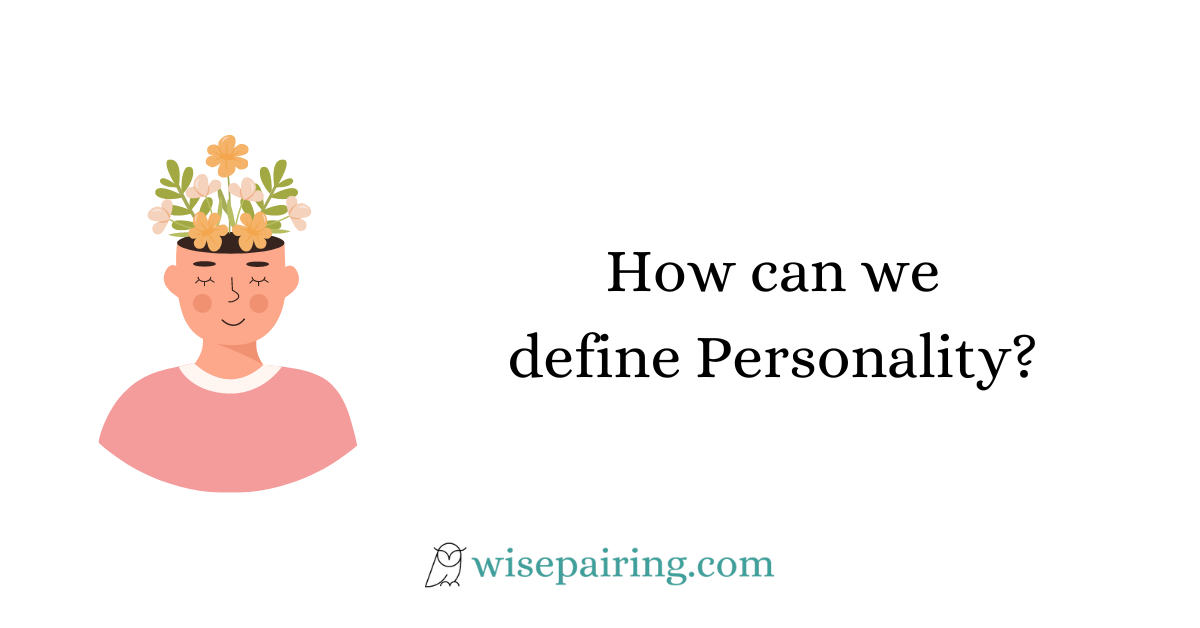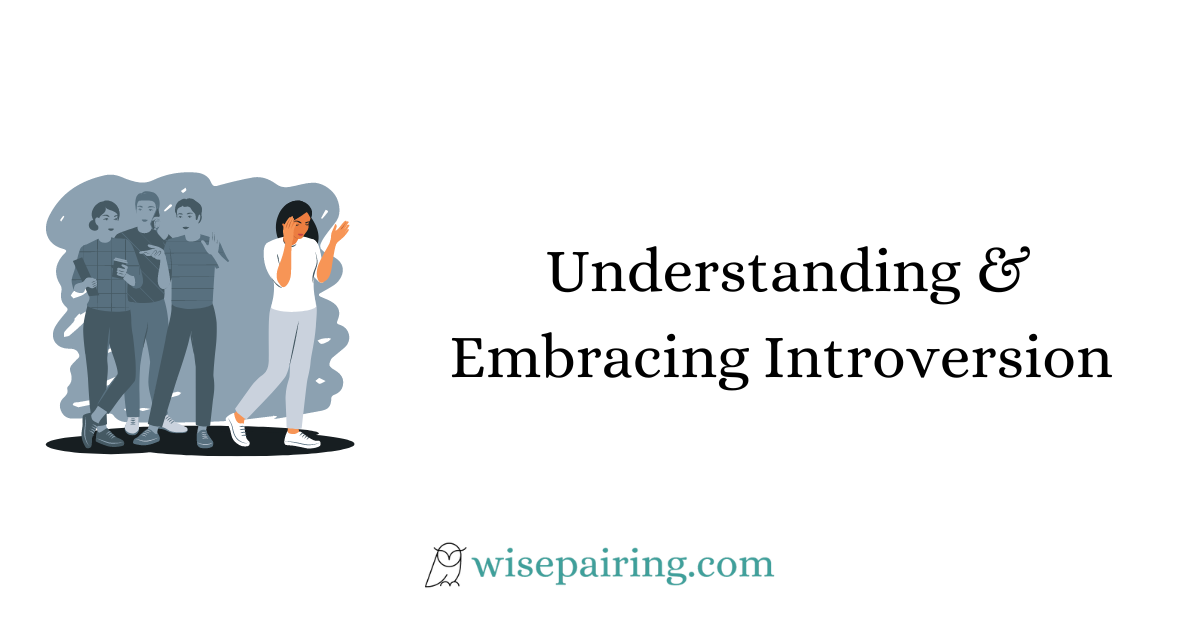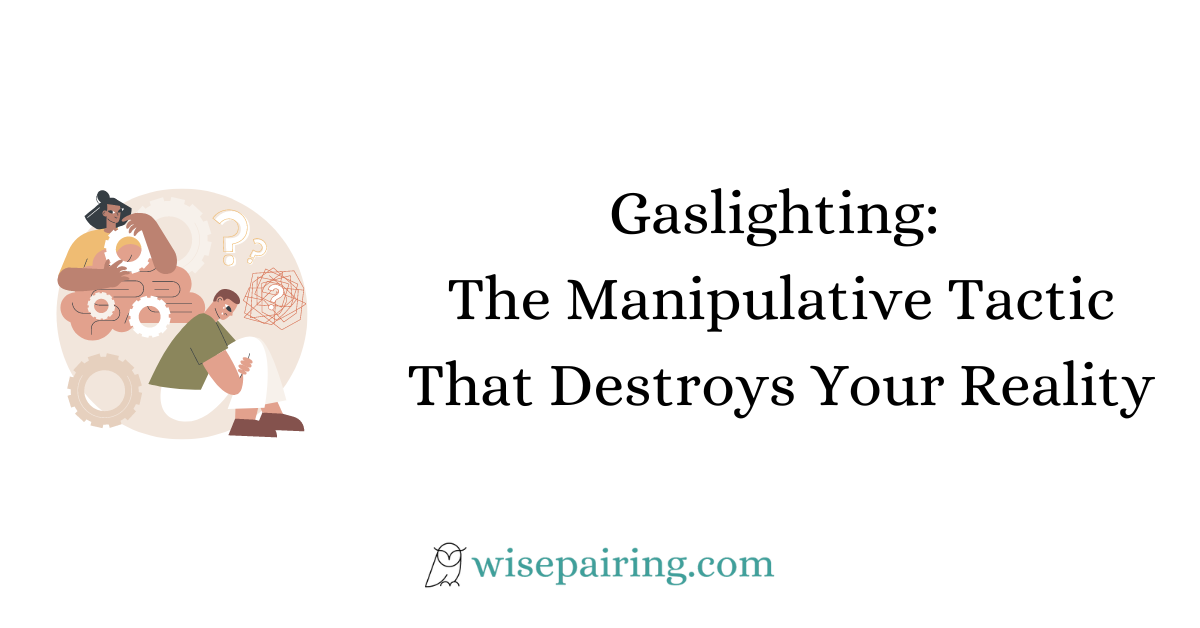Loneliness, a pervasive issue plaguing our society, has reached alarming levels in the digital era.
As technology connects us globally, it paradoxically leaves many individuals feeling isolated and disconnected.
I, too, have experienced the profound impact of loneliness amidst the vastness of the digital landscape.
However, in this article, I will explore how Artificial Intelligence (AI) can serve as a powerful tool in the fight against loneliness. While AI holds promise in providing companionship, understanding emotions, and fostering social connections, we must also acknowledge its limitations.
By delving into both the benefits and drawbacks, we’ll gain a holistic perspective on AI’s potential to combat loneliness.

Some statistics about the increasing issue of loneliness
- Loneliness can increase the risk of early mortality by 26%
- In the United States, 30% of older adults reported loneliness in 2018
- In 2019, 58% of Americans often felt like no one in their life knew them well
- 43% of young adults reported increases in loneliness since the outbreak of the pandemic
- In a recent national survey of American adults, 36% of respondents reported feeling “serious loneliness”
- More than half of U.S. adults (58%) are considered lonely, according to new data from Morning Consult commissioned by Cigna
These statistics highlight the prevalence and impact of loneliness across different age groups and demographics.
Loneliness is a universal human experience that can have serious physical and mental health consequences. It is considered by many to be one of the largest public health challenges we face
AI Companions: A Digital Shoulder to Lean On
AI-powered companionship is a promising avenue in tackling loneliness. Chatbots, virtual assistants, and social robots equipped with advanced AI algorithms can engage in meaningful conversations, offering companionship and emotional support.
These AI companions provide a non-judgmental presence, available 24/7, assuaging feelings of isolation. For individuals struggling with social interactions or lacking a support system, AI companions can offer solace and a listening ear, enabling them to express their thoughts and emotions freely.
The American startup Replika is among the pioneers in this sphere.
Replika is an American startup that was founded by Eugenia Kuyda. The company’s main product is an AI chatbot that became publicly available in November 2017. Replika was designed to provide positive feedback to users in accordance with the therapeutic approach made famous by the American psychologist Carl Rogers. The chatbot is trained by having the user answer a series of questions to create a specific personality. Replika has millions of users. Reviewers have commented on the deep emotional intimacy which users have with Replika, and many users have had romantic relationships with Replika, often including erotic talk.
It is essential to recognize that AI companionship can’t be a substitute for genuine human connection.
While they can provide comfort and empathy, those chatbots lack the depth and understanding that human relationships bring. AI companions should be viewed as supplements, complementing rather than replacing real-life connections.
AI with Empathy: Understanding and Addressing Loneliness
One of AI’s remarkable capabilities lies in its potential to comprehend and respond to human emotions.
AI algorithms can analyze vast amounts of data, such as facial expressions, tone of voice, and textual cues, to recognize and interpret emotions accurately.
This emotional intelligence enables AI systems to respond empathetically, tailoring their interactions to address loneliness effectively.
For instance, AI-powered virtual therapists can analyze speech patterns and facial expressions to detect signs of distress or loneliness, providing personalized interventions and recommendations for seeking human support. While AI can offer insights and coping mechanisms, it is crucial to remember that human therapists possess a unique ability to provide nuanced emotional guidance and deeper connections.
AI-Driven Communities: Forging Connections in the Digital Age
Loneliness often stems from a lack of meaningful connections and a sense of belonging.
AI can play a pivotal role in creating virtual communities and facilitating connections based on shared interests and experiences.
Social media platforms and recommendation systems powered by AI can connect individuals with similar hobbies, passions, or life circumstances, fostering supportive communities and combating isolation.
Moreover, AI algorithms can detect patterns in online behavior, helping identify users at risk of loneliness.
By leveraging this data, AI systems can prompt interventions, recommend social activities, or connect individuals with relevant support groups. Nonetheless, it is crucial to acknowledge that virtual connections should supplement, not replace, real-life relationships to combat loneliness effectively.
AI for Self-Care: Nurturing Emotional Well-being
AI technologies can empower individuals to prioritize self-care and emotional well-being. AI-powered apps and wearables can track physical and mental health indicators, providing personalized insights and suggestions to improve overall well-being. By monitoring sleep patterns, exercise routines, and mood fluctuations, AI algorithms can identify patterns that may contribute to loneliness and offer tailored strategies to address them.
Furthermore, AI-based mental health chatbots can provide immediate and accessible support, guiding individuals through mindfulness exercises, offering coping strategies, or even recommending professional help when needed. However, it is vital to recognize that AI interventions cannot replace the expertise of mental health professionals but can serve as a valuable initial step in seeking support.
The Human Touch: Balancing AI’s Role in Loneliness
While AI holds immense potential in combating loneliness, we must tread carefully and consider the ethical implications.
It is crucial to exercise caution and recognize the potential pitfalls of relying too heavily on AI companionship.
When individuals begin to prefer the company of their AI companion over their real human partner, as demonstrated in a recent CBS Documentary about the ChatGPT Revolution, it can lead to a disconcerting and potentially detrimental situation.
Choosing an AI companion as a sole source of emotional support may hinder genuine human connections and intimacy. It is important to strike a balance, acknowledging that while AI companions can provide solace and understanding, nurturing and maintaining real-life relationships remains paramount for emotional fulfillment and a truly enriching human experience.
Leveraging AI’s Potential for Connectedness
Artificial Intelligence has emerged as a powerful ally in the battle against loneliness.
From AI companionship to emotional intelligence, social networking, personalized well-being support, and ethical considerations, AI can help bridge the gaps caused by the digital era. By embracing these technologies judiciously, we can enhance social connections, empower individuals, and alleviate the pervasive sense of isolation that plagues our society.
While AI is not a panacea for loneliness, it can undoubtedly play a vital role in fostering a more connected and compassionate world.







